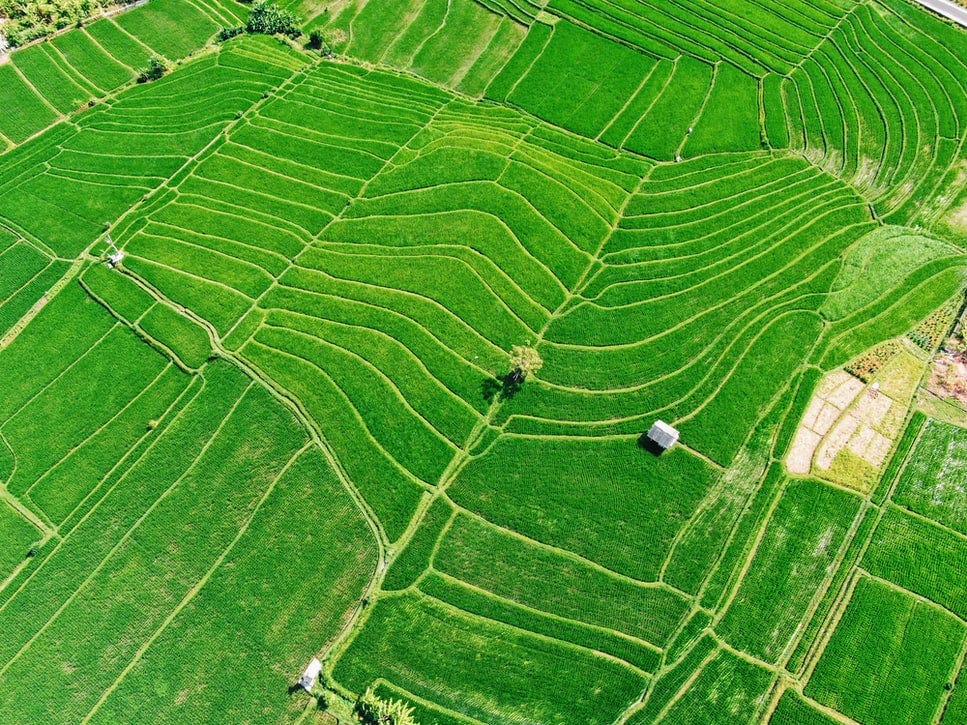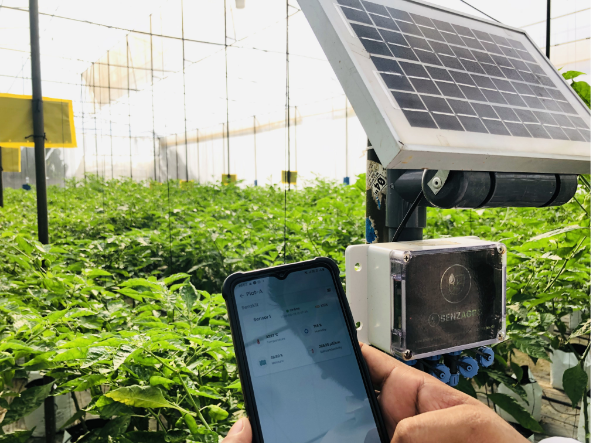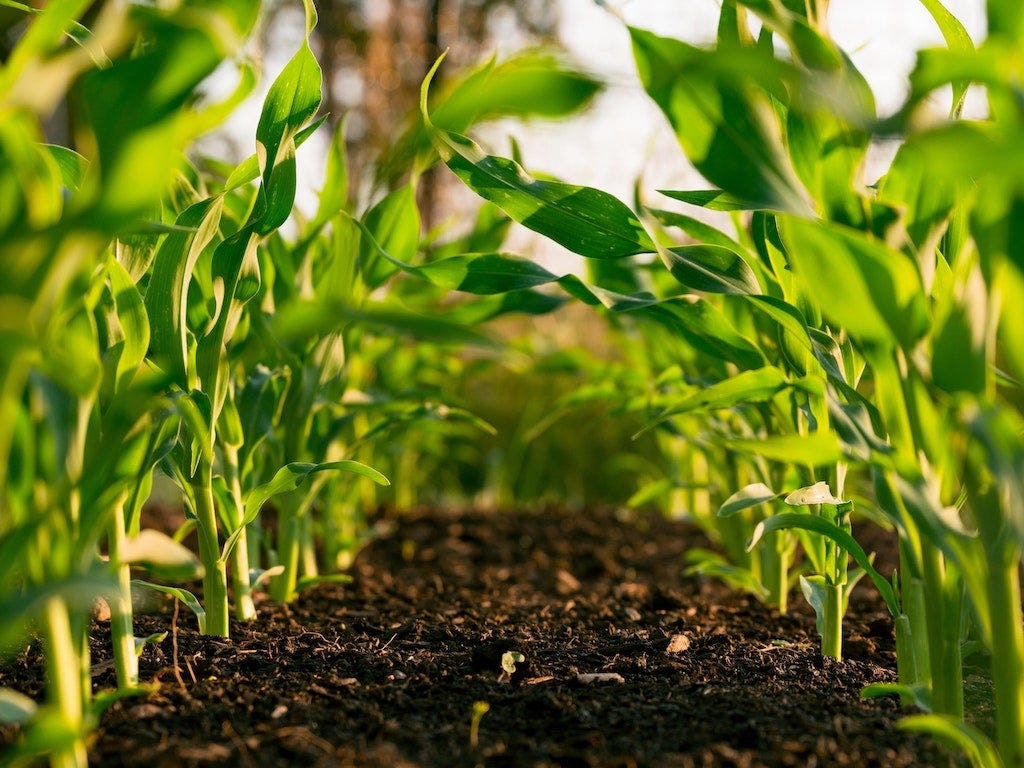START CULTIVATING NOW FOR A BETTER FUTURE
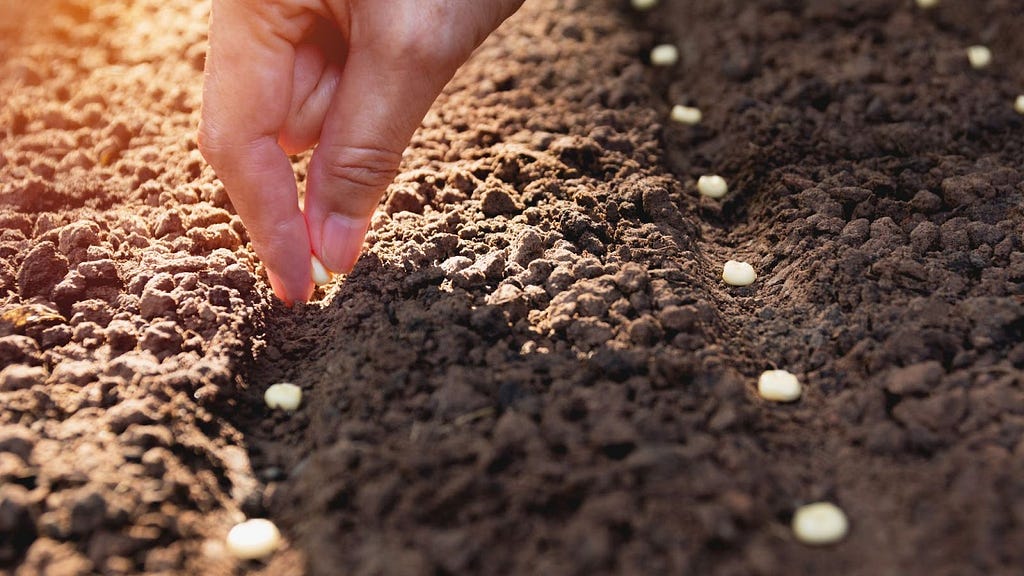
Do you want to build your own farm and grow a variety of fruits, vegetables, and other plants? Starting a farm is difficult because there are so many requirements. In no particular order, farmers must think about business planning, land acquisition, funding, marketing, production expertise, equipment acquisition, infrastructure creation or security, and their vision for their farm, which is a culmination of their values, knowledge, and experience.
Choosing what to grow among the seemingly endless variety of fruits, vegetables, herbs, flowers, and other plants can be challenging. Those who are just starting out in farming might not know where to start. While the internet is a great place to find ideas, you are the best person to choose which crops to grow on your farm.
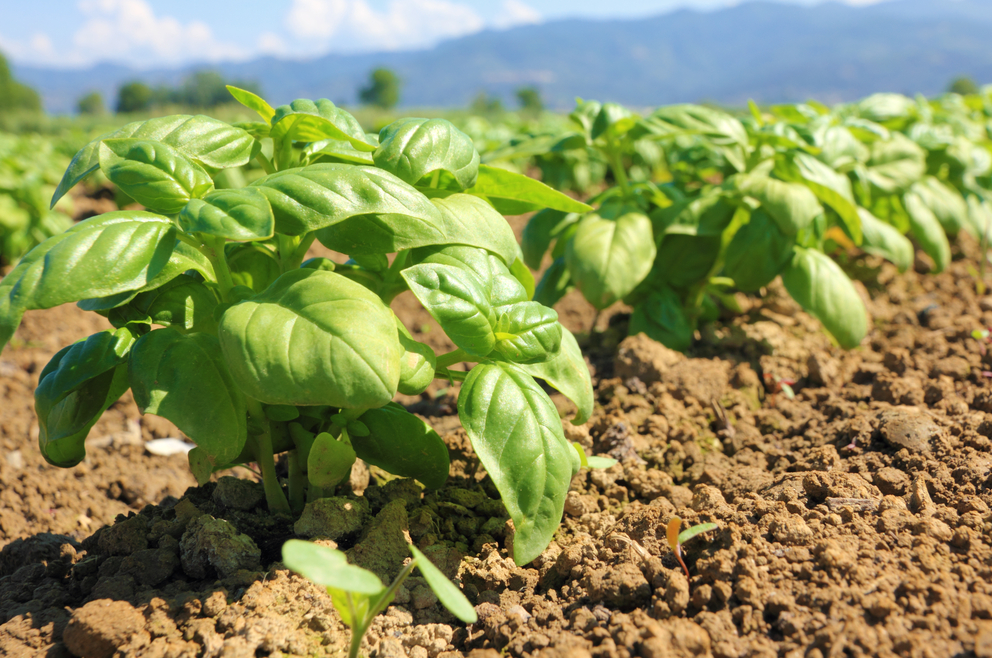
In farming it is crucial to select the appropriate crops and understand your soil. Planning crop cultivation in agriculture and management will be easier if you are aware of the soil types on your farm. If you want to grow, harvest, and maybe sell a particular crop, which one is best for you? The type of land you are farming, the climate, market demand, the possibility for crop sales, as well as your available budget, should all be taken into account. If you want to cultivate outdoors, knowing the names of typical crops will help you choose what thrives in your region. For indoor farmers, this research can serve as a starting point for understanding what isn't grown locally. If you are able to grow crops that are in high demand and are successful in other areas, you will be able to market your goods more successfully. Enhancing the physical properties of the soil through cultivation promotes root development, which improves tree anchoring, root access to nutrients and moisture, and planting quality.
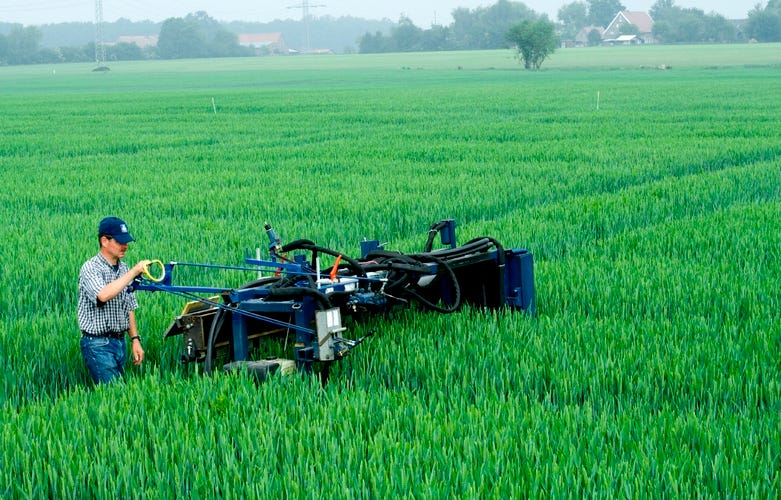
Then make your fertilizers. Once you’ve figured out how to have your agriculture and organic farming models ready to go, you’ll be able to simply find or compose fertilizers and pesticides that will work best for your harvest. To aid with soil fertility, as a potential farmer, you must understand your soil, microbes, and ferns. Curating your fertilizers and testing your water can help you avoid farming mistakes. You can also reuse your seeds, seeds of high quality are productive, responsive, and resistant to infection. It develops immunity and simply becomes stronger with age if the harvest is done with good fertilized soil. Visiting other farms or businesses that are similar to yours could provide you with valuable information and resources for finding a reliable dealer and distributor. For farming, organic seeds should not be used exclusively.
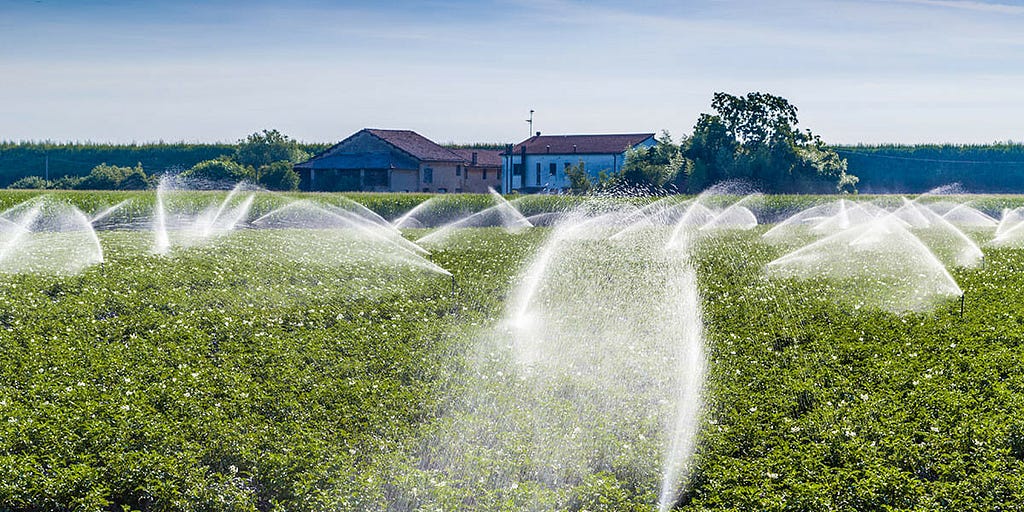
You may boost production and yield on your farm by using effective irrigation. Farms use a variety of irrigation methods to water their crops, including sprinkler irrigation, surface irrigation, and micro irrigation. Installing an irrigation system or upgrading to a more effective irrigation system is a challenging decision. The amount of water saved increases when sprinkler systems and micro-irrigation systems take the place of surface irrigation systems. How much water you give plants and how frequently you do so are important factors in their ability to thrive. You must research the critical irrigation times for your crops and environmental factors.

You can quickly address any issues by tracking your farm and keeping an eye on the activities taking place there. It will be easier for you to respond promptly to any problems if you track your farm and keep an eye on what's happening. Making more educated production decisions can be facilitated by an understanding of your horticultural practices and the regional climatic functions. You may use this information to deepen your research of your organizational strategy by learning which season will produce crops that small farms can profit from. Drainage systems in any field or farm decide whether the soil can withstand daily water use. The results won't be as nice if your drainage systems aren't regularly maintained. If you overwater in one area or allow a portion of your field to dry up, you risk losing your crops. Therefore, regular drainage management contributes to the preservation of equilibrium.
Farming is a fantastic profession, but it takes a lot of persistence and patience. But if you have the correct tools and advice, you can run your own farm successfully.
